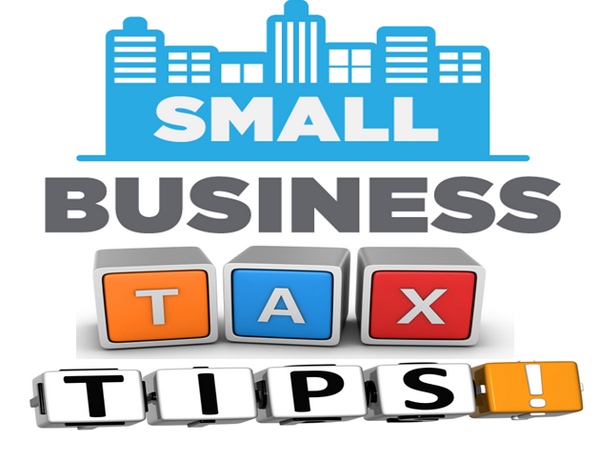
As a
business owner, you know that a year-round regimen of good recordkeeping can
also make filing accurate tax returns easier. And yet, we often fall short of
our best intentions.
If your
recordkeeping has fallen short of your expectations, never fear. Below is a
list of important documents you should be gathering now to expedite your filing
and save you time and money.
The obvious
components of good recordkeeping are good organization, and knowing which
documents are important to have and how long to keep them. This even applies to
small-business owners who leave the preparation of their tax returns to professionals.
The
envelopes of some important tax documents will actually have "important
tax document" printed on the front. But, also be on the lookout for emails
from financial institutions, brokers and others notifying you that tax
documents are available via their websites.
This may
strike you as common sense. But we live in a noisy world and it’s easy for
important documents to get buried or lost in the shuffle.
Small-business
owners can use this list to help them
begin to compile the documents needed to fill out their tax returns, and to
request replacements if any have gone missing:
·
Prior year
federal and state tax returns. Keep all business tax returns permanently, along
with insurance records and legal correspondence
·
Business
income records. Keep a record of all income in a ledger book or use a software
program. If storing your records electronically, make sure the system is
compatible with IRS electronic storage system requirements
·
Receipts,
invoices and bills documenting business expenses. Keep these in addition to
credit card statements because they are more detailed accounts of your
transactions
·
Mileage log
documenting car use for business purposes. Keep track of the purpose, date and
length of trips
·
Utility
bills and records of repairs done to home office. Keep track of these expenses
because those attributable to the office are business expenses. Utility and
other household expenses will be deductible based on the percentage of your
home used as an office. A special safe harbor deduction now allows taxpayers to
take a home office deduction of up to $1,500, depending on the square footage
of the office, without the need to save receipts to calculate relevant home
expenses.
·
Health
insurance payment receipts. Keep these and other documents that substantiate
the tax credits and deductions you claim
Many
important tax documents also are delivered to the IRS to ensure accurate income
reporting and find audit candidates. Among the documents sent as part of this
matching system are forms W-2 (wages), 1099-MISC (self-employment income and
other miscellaneous types of income), 1099-INT (interest paid) and 1099-B (sale
of stock).
If something
shows up in the mail and you are not sure if you will need it in April, save it
because a tax professional can help you know
exactly what you need based on the type of business you operate.
No comments:
Post a Comment